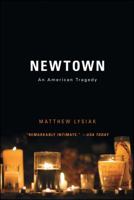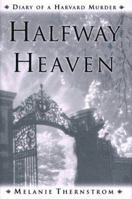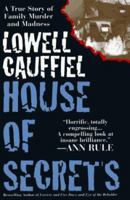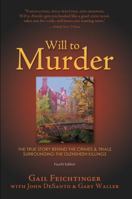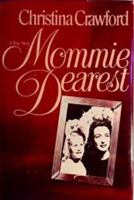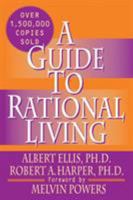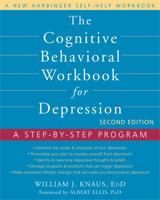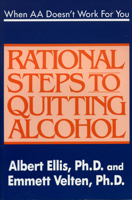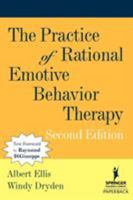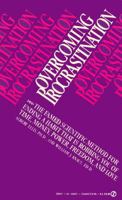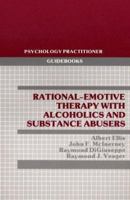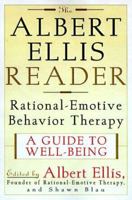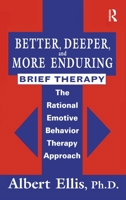What Happened to Johnnie Jordan? The Story of a Child Turning Violent
Select Format
Select Condition 
You Might Also Enjoy
Book Overview
On an icy night five years ago, Johnnie Jordan -- just fourteen years old -- brutally murdered his elderly foster care mother, leaving the state of Ohio shocked and outraged. He could not tell police why he did it or even how it made him feel; all he knew was that something inside him made him kill. At the time, few people predicted the swift emergence of a class of young so-called "super-predators" -- criminals like Johnnie who injure and kill without conscience, personified to the nation by the Littleton, Colorado, tragedy in 1999. In What Happened to Johnnie Jordan? acclaimed journalist Jennifer Toth, author of The Mole People and Orphans of the Living, once again takes a look at the people in our society whom we so often discard and altogether ignore. As Toth investigates Johnnie's crime and life, she unravels the mysteries of a child murderer unable to identify his emotions even after they converge in acts of fury and rage. In the course of her research, Johnnie grows dangerously into a young man who "will probably kill again," he says, "though I don't want to." Yet he also demonstrates great kindness and caring when treated as more than just a case number, when treated as a human. Through Johnnie's harrowing story, Toth examines how some children manage to overcome tragic beginnings, while others turn their pain, anger, and loss on innocents. More than a beautifully written narrative of youth gone wrong, this is the story of a child welfare system so corrupted by bureaucracy and overwhelmed with cases that many children entrusted to its care receive none at all. It is also the story of a Midwestern town struggling with blame and anger, unable to reconcile the damage done by so young an offender. From Johnnie's early years on the streets to his controversial trial and ultimate conviction, What Happened to Johnnie Jordan? is a seminal work on youth violence and how we as a society can work to curtail it. Ultimately, Toth ponders one of the most difficult and important questions on youth violence: If we can't control the way children are raised, how can we prevent them from destroying other lives as well?
Format:Paperback
Language:English
ISBN:1416576673
ISBN13:9781416576679
Release Date:September 2007
Publisher:Free Press
Length:320 Pages
Weight:1.14 lbs.
Dimensions:0.8" x 6.0" x 9.0"
More by Albert Ellis
Customer Reviews
2 customer ratings | 2 reviews
There are currently no reviews. Be the first to review this work.














